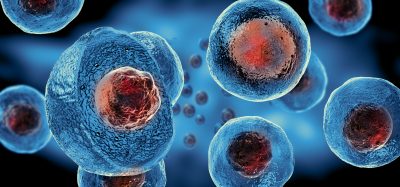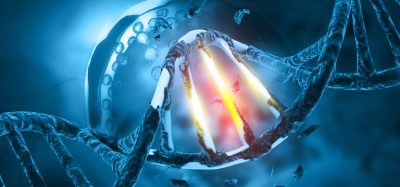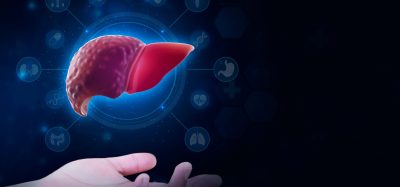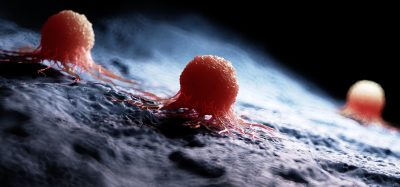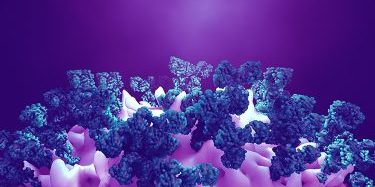Cellular ‘waste product’ could enhance cancer immunotherapy, study shows
Posted: 9 September 2022 | Victoria Rees (Drug Target Review) | No comments yet
A new study has shown that lactate, a metabolic byproduct produced during exercise, could augment current cancer immunotherapies.
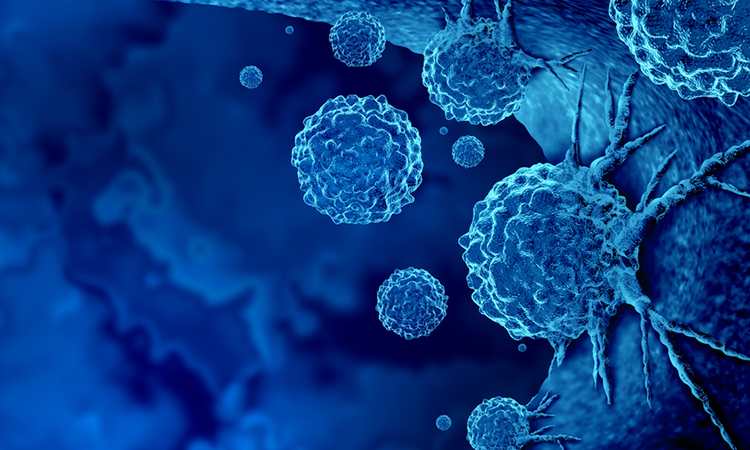

A new study by University of Texas Southwestern’s Simmons Cancer Center, US, scientists suggests that lactate, a metabolic byproduct produced by cells during strenuous exercise, can rejuvenate immune cells that fight cancer. The team say the finding could eventually be used to develop new strategies to augment the antitumour effect of cancer immunotherapies.
“The lactate that we usually think of as a waste product appears to have a previously unrecognised role in fighting cancer,” said Professor Jinming Gao, who co-led the study, published in Nature Communications.
The researchers highlight that lactate is commonly used in Ringer’s solution, administered intravenously to replace fluids after blood loss due to trauma, surgery or severe burns or to treat a condition called metabolic acidosis. While lactic acid (lactate with an additional proton) has been associated with cancer growth and immune suppression, the effects of lactate on cancer and immunity have been unclear.
To investigate this question, Gao and his colleagues gave lactate injections to mice with colon cancer or melanoma, while other tumour-bearing mice received glucose injections. They found that glucose had little effect, but tumour growth was significantly reduced in mice treated with lactate. When the researchers tried the same experiment in mice genetically engineered to lack T cells, this antitumour benefit was blocked, suggesting that lactate appeared to be exerting its effects through this immune cell population.
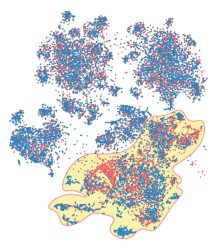

UT Southwestern Simmons Cancer Center found that lactate, a metabolic byproduct produced by cells during strenuous exercise, can rejuvenate immune cells that fight cancer. The image shows single cell transcriptome analysis enrichment of tumour infiltrating T cells, the red dots, after lactate treatment [credit: UT Southwestern].
Administering lactate alone did not completely eliminate the tumours. However, when the researchers added a commonly used immune checkpoint inhibitor – a type of cancer immunotherapy that releases the brakes that prevent T cells from fighting malignancies – about half the mice became completely tumour-free. Lactate also significantly improved the effects of a cancer-fighting vaccine and improved the anticancer response of cultured T cells that were injected into tumour-bearing mice.
Further single-cell RNA sequencing analysis showed that more T cells infiltrated the tumours of the lactate-treated mice. Compared to animals that did not receive this treatment, T cells from the mice that received lactate expressed more genes associated with stem-like T cells and a smaller number of genes associated with exhaustion markers, making them more fit to effectively fight cancer.
Gao said the data suggest that lactate could be used to supplement existing immunotherapies, such as immune checkpoint inhibitors, cancer vaccines and CAR T-cell therapy – a cancer treatment in which T cells engineered to fight specific tumour types are expanded in the laboratory and then injected into patients. It also suggests that exercise, which naturally raises lactate levels, may be protective against cancer or may augment the immune system to fight cancer as well. The researchers plan to investigate these topics in future studies.
Related topics
Immuno-oncology, Immunotherapy, Oncology, T cells
Related conditions
Cancer
Related organisations
University of Texas Southwestern (UT Southwestern)
Related people
Professor Jinming Gao



